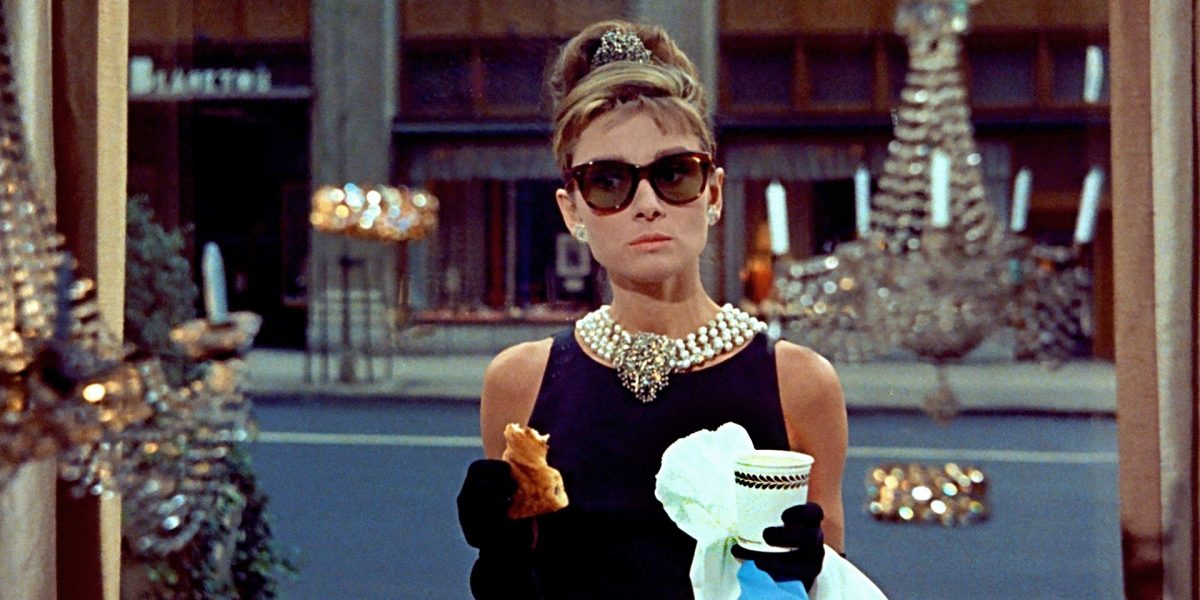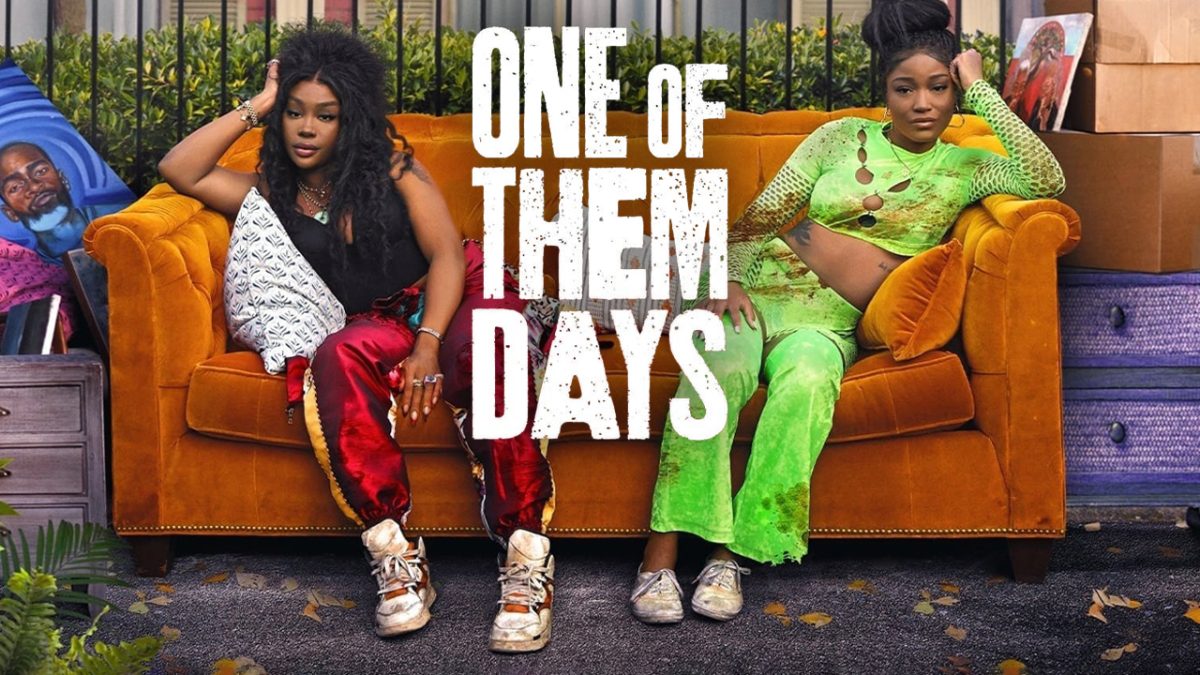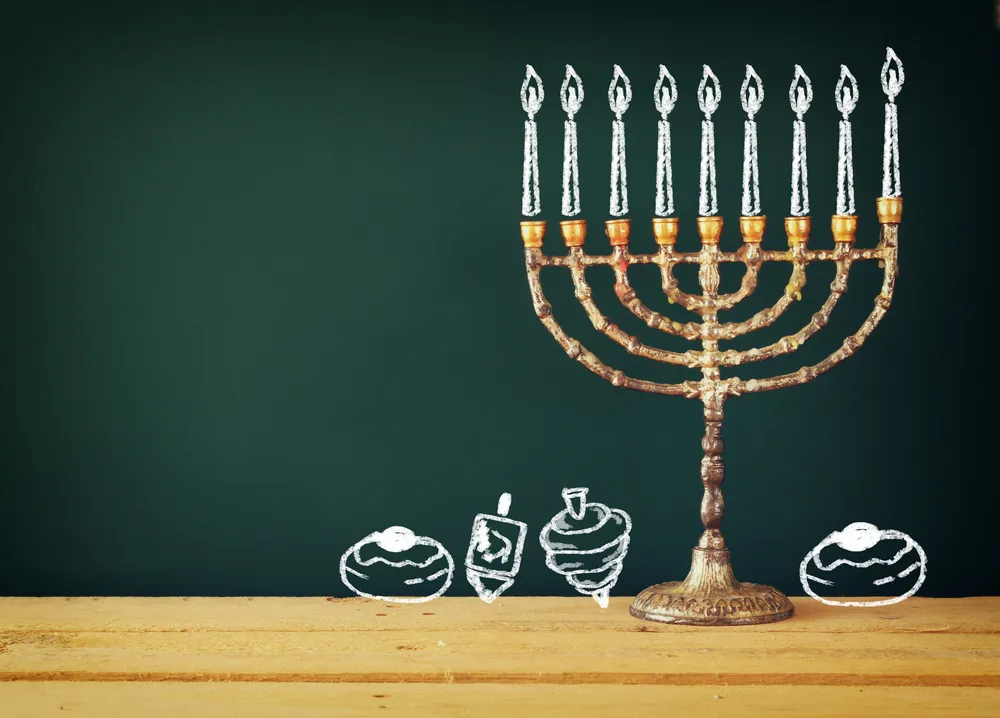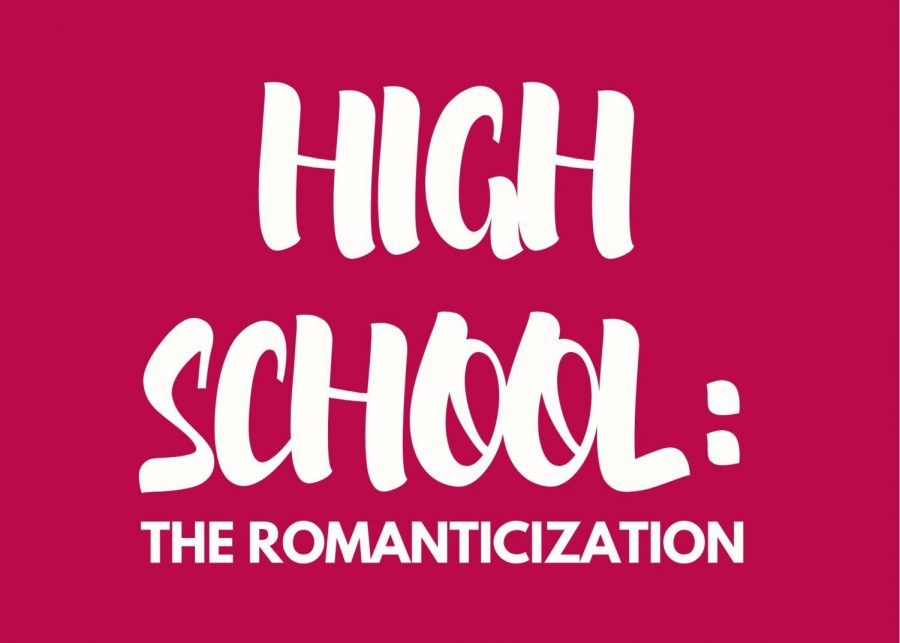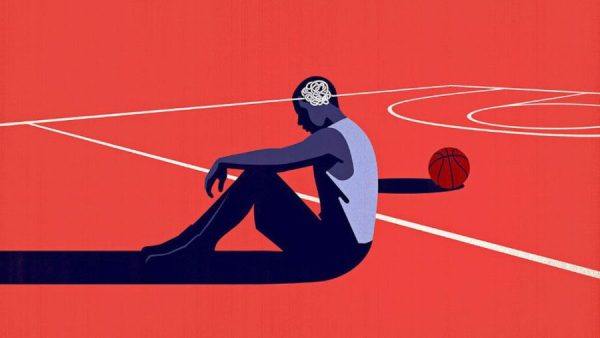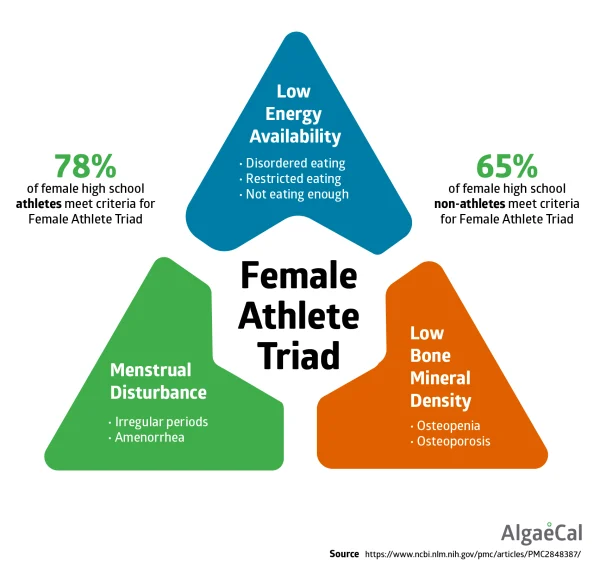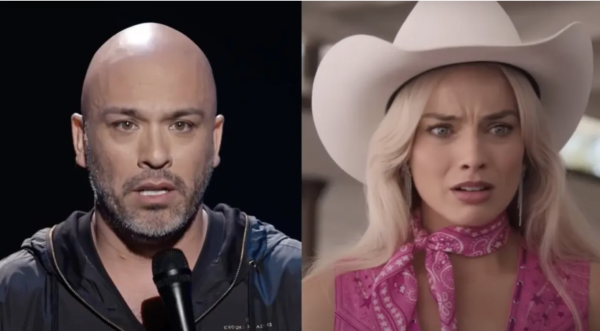The Romanticization of High School in Coming-of-Age Stories
Have you ever wanted to drive down the highway in the middle of the night with your friends as you all sing “Tongue Tied” by Grouplove? Have you ever created a Pinterest board revolving your dream coming-of-age movie life as “Ribs” by Lorde is playing in the background? If you have, congrats! Just like millions of other teens across America, you are a victim of the media romanticizing our high school experience.
Americans are captivated by the idea of high school; an infinite amount of films, musicals, songs, you name it! These ideals have lasted throughout generations and will probably continue to do so in the future. As a generation who watched High School Musical when we were little and read books like The Fault in Our Stars in middle school, it makes sense as to why we all desire a similar experience now that we are in high school. Maybe we connect with the relatable character identities or nuanced experiences, or how the ordinary moments are always transformed into extraordinary moments.
The media usually represents the teenage years as this angsty-yet-spectacular time of our lives filled with unforgettable and once-in-a-lifetime moments. Take that one scene from the film version of The Perks of Being A Wallflower, for example. As Charlie, Patrick, and Sam drive home from the homecoming after-party, “Heroes” by David Bowie starts playing on the radio. Sam tells Patrick to go on the highway so that she can stand in the back of their pick-up truck and spread her arms out and feel the wind against her face. When she does, Charlie states, “I feel infinite.” When I first watched that scene at the tender age of twelve, all I wanted was to “feel infinite” too, and I dreamed that I would experience a similar rendezvous. Sadly, that has not happened yet, and it probably will not, especially since it is so dangerous to stand on the back of a vehicle that is speeding down the highway.
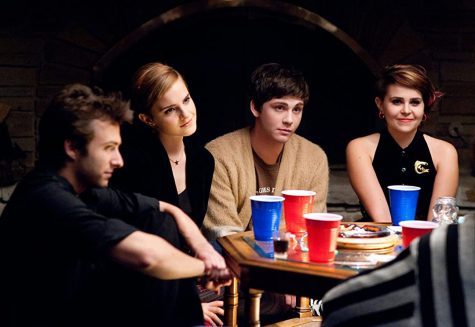
Unfortunately, the reality does not hold true to the stories we see on the screen or pages. The realistic high school experience is much less cinematic: You grudgingly wake up early in the morning to go to your long school day, followed by after school activities. You finally return home to do hours of homework then go to sleep just to repeat the day the following morning. Though this is repetitive and dull, it’s normal. This is what high school is like for the majority of Americans. As we self-identify with these characters, we create the embodiment of living carefree and reckless without any serious consequence or responsibility. We create an imaginary world that includes figures resembling real people, but there is something impalpable about them that makes our fantasies reachable, yet inaccessible. It sucks you in while setting you apart at the same time.
According to the media, these years are the epitome of youth and are supposed to be memorable. When our reality doesn’t reflect that, we look back to these movies and question the validity of our own experience. It is perfectly fine if you haven’t sat on a rooftop gazing at the stars with your crush or danced in the middle of the street with your unconventional group of friends. It’s okay if you have not had reckless nights filled with large parties and glamorized underage drinking. You do not have to live your life as if you are the main character of your own coming-of-age movie just because you feel pressured by the media. The next time you dream of being in a 1980s John Hughes high school movie, try to find joy in your own view of high school, the one you are living right now.













































